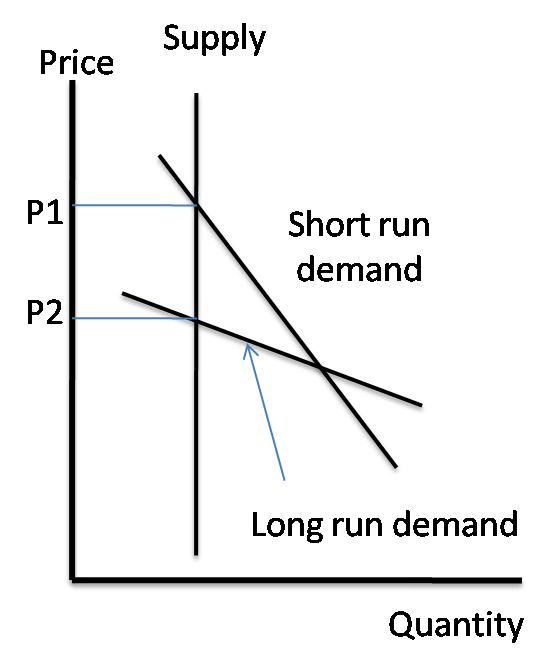Is oil’s reckoning day finally coming?
The market has taken on a distinct chill…with funds looking to sell oil futures outnumbering those seeking to buy for the first time since early 2007, and most of the long-term money betting that oil prices will continue to sink.Perhaps the best glimpse of the changed sentiment can be seen in traders' prices for oil far into the future. In late May, contracts reaching out to 2016 were all selling for more than the then-current price, which was around $130 a barrel. That trend held until the middle of this month.
The curve has since sharply reversed, so that contracts for oil four or five years from now are going for less than the current price. Trading on the Nymex has tilted toward short sellers, or those betting that prices will go down, according to the most recent report by the Commodity Futures Trading Commission.

Ed Glaeser: State of the city
Property rights and China’s future of development
Charlie Rose Conversation with Mohamed El-Erian
Another ripple effect of high gasoline price
A report to be released Monday by the Transportation Department shows that over the past seven months, Americans have reduced their driving by more than 40 billion miles. Because of high gasoline prices, they drove 3.7% fewer miles in May than they did a year earlier, the report says, more than double the 1.8% drop-off seen in April.
The cutback furthers many U.S. policy goals, such as reducing oil consumption and curbing emissions. But, coupled with a rapid shift away from gas-guzzling vehicles, it also means consumers are paying less in federal fuel taxes, which go largely to help finance highway and mass-transit systems. As a result, many such projects may have to be pared down or eliminated.
Meltzer: Keep the Fed Away From Investment Banks
“In its 95-year history, the Fed has never made a clear statement of its policy for dealing with failures. Sometimes it offered assistance to keep the bank or investment bank afloat. Other times it closed the institution. Troubled institutions have no way to know in advance whether they will be saved or strangled. The absence of a clear policy statement increases uncertainty and encourages problem institutions to demand loans and assistance. Large banks ask Congress to pressure the regulators. Taxpayers pay for the mistakes.”
It’s an excellent piece. Read full article here from WSJ.
$4 Oil: Police Patrol on Foot
As gasoline soars past the $4-a-gallon mark, police chiefs in towns and cities across the country are ordering their officers out of the car and onto their feet in a budgetary scramble.
…
Chief Jones budgeted about $60,000 for fuel in the fiscal year that ended last month; the department spent $94,000. This year, he budgeted $163,000 — a large line item in a budget of $3.8 million.
The Houston Police Department exceeded its gasoline budget of $8.7 million last year and expects to spend $11.3 million this year. San Diego, which budgets fuel costs citywide, already expects to exceed its budget for the fiscal year that started July 1 by $1.5 million.
…


![[Chart]](https://s.wsj.net/public/resources/images/MI-AR602A_CMDLE_20080729204016.gif)
![[Before its collapse last year, the Interstate 35W bridge in Minneapolis was part of the one quarter of the nation's bridges that are considered either 'functionally obsolete' or 'structurally deficient.']](https://s.wsj.net/public/resources/images/P1-AM386_ROADWO_20080727195614.jpg)